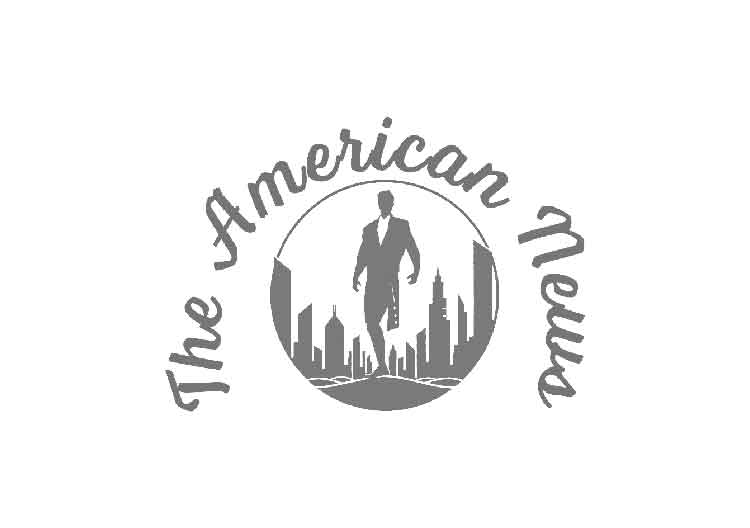The Chocó in Darien remain under threat due to the isolation of their reserves, generalized poverty, encroachment by settlers, and cross border conflicts. The combination of remoteness and chronic government neglect of the Darien province means that the main issues affecting the Chocó continue to be poor health, low literacy levels, no income opportunities and threats to their land.
In an era of growing biogenetic commercial activity the protection of their intellectual property in medicinal plants has been added to their list of struggles.
Although the Chocó have been granted their own comarca (reserve) many mestizo squatters continue to invade their territory and these have caused clashes. With an estimated 12,500 known Colombian refugees in Panama, as of 2005, special frontier police have had to be been posted in Jaque, central Darien, to control refugee and mestizo squatters and help to prevent armed clashes.
Low education levels are a major short and long-term problem in Chocó comarcas where only 18 per cent of 15-19 year olds have some schooling beyond 6th grade. According to the 2000 Census, the national average is 65 percent.
The contributory factors to this include financial and economic constraints, lack of schools and transportation, and insufficient government resources.
Among the immediate consequences of poor education are inadequate Spanish language skills, which then limit capacity of many Chocó to understand and safeguard their rights through legal channels. This especially affects migrant workers when they do not receive the basic rights provided by the Labor Code, and work under worse conditions than their non-indigenous counterparts.
Chocó migrant workers in the country’s sugar and banana plantations are usually not provided with quality housing or food, and their children are much more likely to work long hours in heavy farm labor.
Farm owners often pay according to the amount harvested which leads many laborers to bring their young children out of their isolated reserves to help with fieldwork. Besides inadequate pay, poisoning by agro-chemical agents is a recurrent problem in remote areas and indigenous workers often work, sleep, and eat without proper protection.
However unlike the Ngombe in Bocas del Toro who are being flooded and displaced by dam building, the Chocó may have a better chance of safeguarding some parts of their 300,000 acre comarca reserve and stand to benefit directly from its use. In August 2008 the Smithsonian Tropical Research Institute (STRI), which is the Panama-based branch of the Smithsonian Institution of the United States, agreed to offset the organization’s carbon dioxide emissions by working with the Embera community of Ipeti to conserve the forest and replant degraded lands with native species.
The program will generate carbon credits that can be sold in the carbon trading market and STRI has indicated that the resulting funds will be used to benefit all members of the Embera community.
Source link : https://minorityrights.org/communities/choco-embera-wounan/
Author :
Publish date : 2024-01-24 03:21:49
Copyright for syndicated content belongs to the linked Source.
